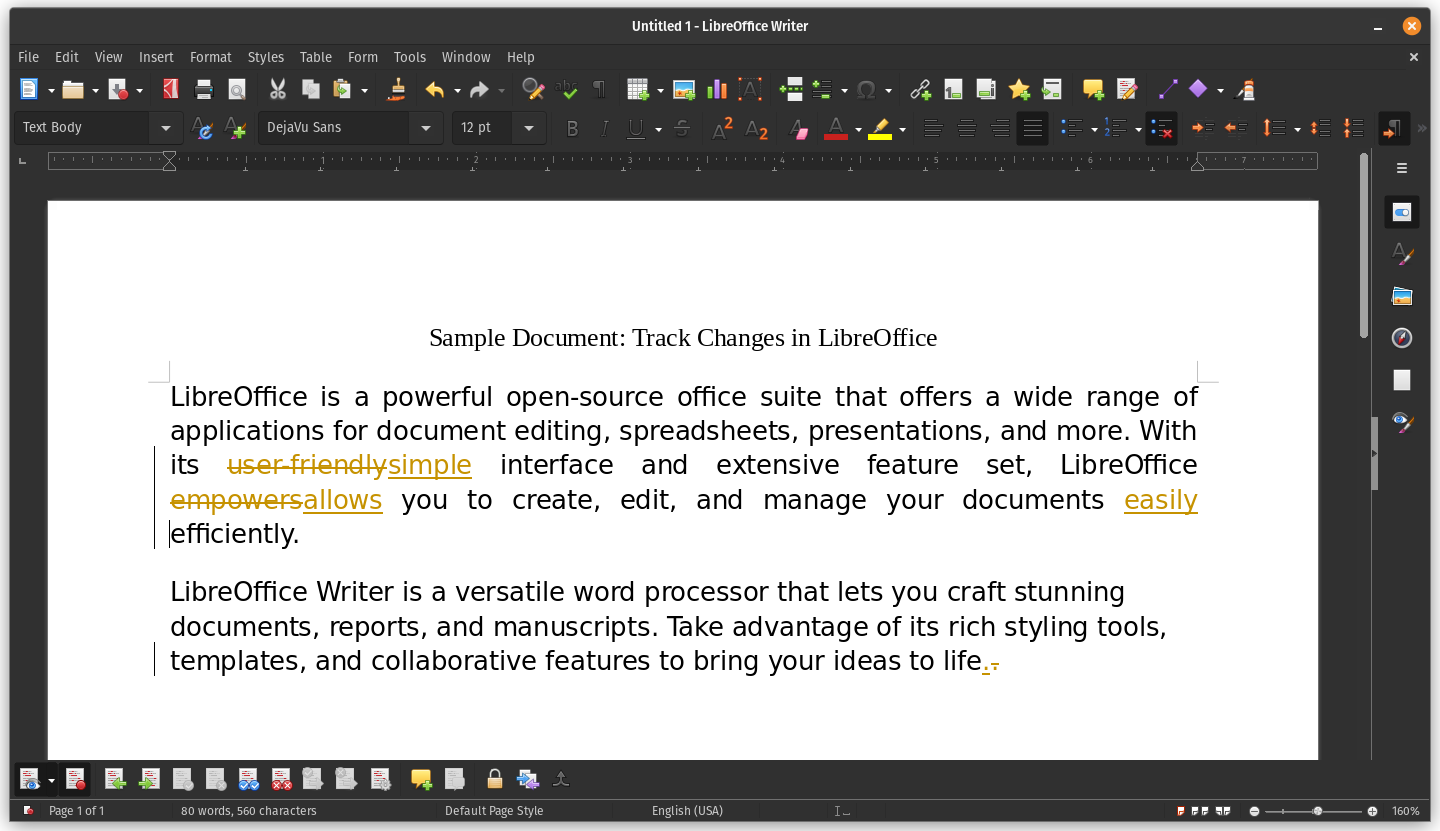Commodore is Back from the Dead!
80s called, and they want you to know that you can pre-order the latest version of the Commodore.
The end of dominance for Microsoft in this German state, replacing Windows with Linux, and Office with Libreoffice.


It's getting more evident day-by-day that countries around the world are pushing increasingly to eliminate the inconvenience of vendor lock-in and promoting open-source when it comes to software.
Just a few months back, we saw the Indian defense services aiming to replace Windows with a home-grown Ubuntu-based Linux distro called “Maya” in a bid to beef up their security, and to deter attacks on critical infrastructure.
You can see a similar trend among many European countries too, with the most recent one being Germany, where one of its states is doubling down on their previous commitment of switching from Microsoft's proprietary products to open-source software.
The state of Schleswig-Holstein in Germany has renewed their de-Microsoft efforts by announcing that they will be switching the state administration's approximately 30,000 employee's PCs to open-source solutions and moving towards “digitally sovereign IT workplaces”.
This was agreed upon by the state's cabinet, who have decided to replace Microsoft Office with LibreOffice as the first of six key pillars that are part of their digitally sovereign IT workplace plan.

The next major step is a complete switch from Windows to Linux. But, at the time of writing, there was no clarity as to which distribution would be used.
On the collaboration front, the state administration will be switching to open-source services such as Nextcloud, Open-Xchange with Thunderbird and Univention's Active Directory Connector for replacing Microsoft services such as Sharepoint, Exchange and Outlook.
They will also be pushing for the introduction of an open-source directory service to replace Microsoft's Active Directory, preparing processes to better handle compatibility/interoperability with both LibreOffice and Linux, while also switching to an open-source telephony solution.
But, for now, they are focusing on integrating LibreOffice into their workflow, with it being made mandatory for communication between ministries and authorities of the state. In the event of any technical difficulties, or any so-called “professional circumstances”, some exceptions may be granted.

For this, they have also made available a training program for their employees that is supposed to be simple to grasp, with updates being pushed to it according to their needs.
All that talk about digital sovereignty may have left you wondering; what is it?
Well, if you look at the European Union's definition, it is a movement that aims to neutralize the influence of non-EU tech companies such as Microsoft, Google, Apple, etc. over their citizens. They want users to take back control of their personal data while also encouraging EU based tech companies to take the center stage.
For Germany, this is one of the many steps they are taking to ensure that. Even though they have tried something similar in the past, looking back at the Munich debacle may not really get your hopes high.
But, they have to start somewhere, right? Better late than never, I say. Only time will tell whether they can go forward with this or corporate greed wins once again.
If you are interested in learning more about this, then you can refer to the official announcement, just keep in mind that it is in German (Deutsch).
Stay updated with relevant Linux news, discover new open source apps, follow distro releases and read opinions